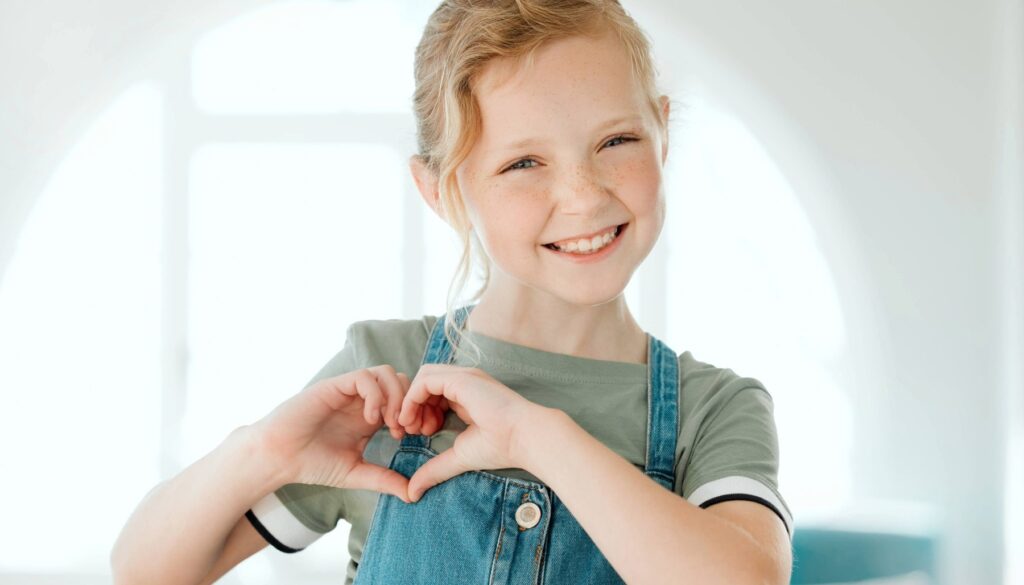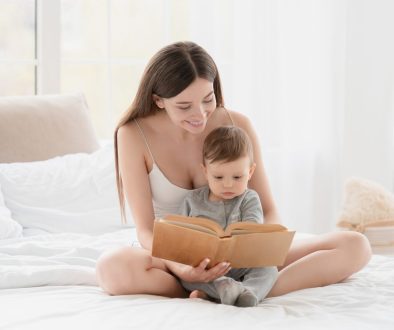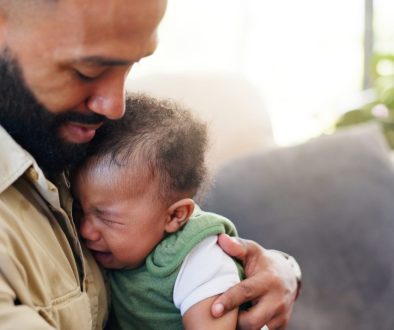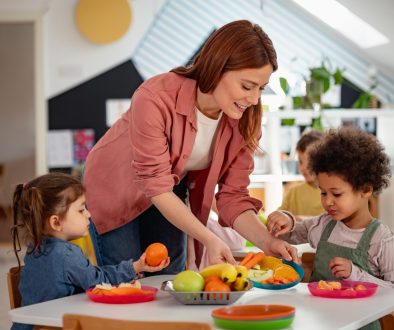The Love Languages of Young Children: Speaking Their Heart’s Language

Every child is wired to love and be loved, but did you know each child may feel that love in different ways? According to Dr. Gary Chapman, author of The 5 Love Languages of Children, learning how your little one best receives love can build a deep and lasting connection.
Even toddlers and preschoolers show early signs of their “love language,” and tuning into them can help you meet their emotional needs more effectively.
What Are the 5 Love Languages?
- Physical Touch– Your child thrives on hugs, cuddles, lap time, and holding hands.
- Words of Affirmation– They light up when you say “I’m proud of you” or “You’re so kind!”
- Quality Time– They want your undivided attention, playing, talking, or just being with you.
- Gifts– Thoughtful surprises, even a rock from the park, make them feel special.
- Acts of Service– They feel loved when you help fix a broken toy or tie their shoes with care.
How to Spot Your Child’s Love Language
Children under 5 may not clearly show just one love language but you might notice a preference. For example:
- Do they ask to be picked up a lot? (Physical Touch)
- Do they beam when you praise them? (Words of Affirmation)
- Do they follow you everywhere? (Quality Time)
- Do they keep small treasures? (Gifts)
- Do they often ask you for help with simple tasks? (Acts of Service)
It’s okay if your child seems to respond to all five, that’s common at this age. Over time, one or two may stand out more.
When you regularly “speak” your child’s love language, they feel safe, seen, and valued. As their need for connection is met, tantrums and clinginess may decrease, and their bond with you grows stronger. Meeting their unique emotional needs helps keep their “emotional tank” full and that sense of security becomes the foundation for learning, growing, and confidently exploring their world.
Your love is already there, learning to express it in the ways your child feels it most is like turning the volume up. Whether it’s snuggles, kind words, time together, tiny gifts, or helpful acts, each one sends the same message:
“You matter. You are loved.”





